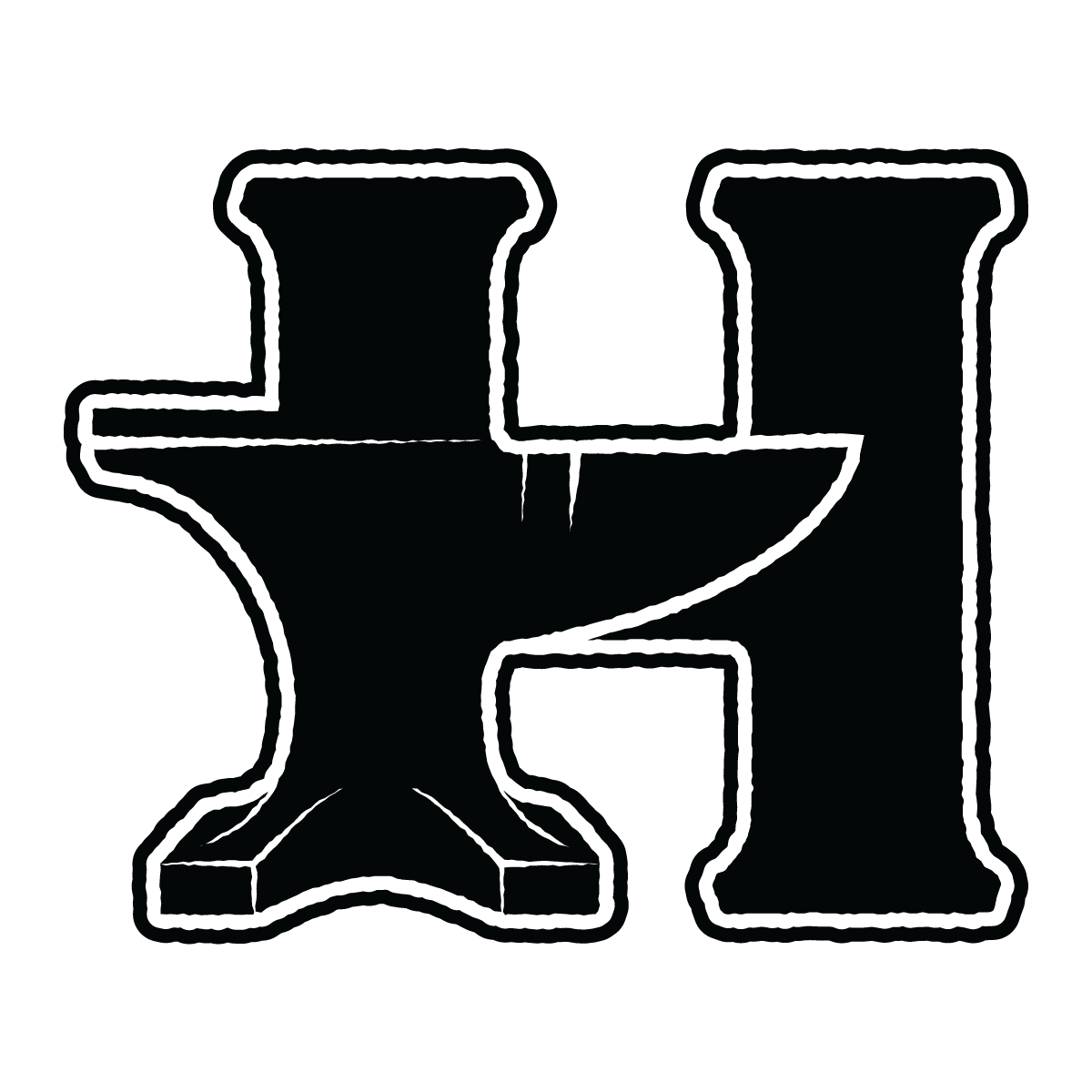Out Of A Bag Of Ashes
Ten years ago, my friend Brady and I pooled some cash to buy a small gym business and signed a lease for a warehouse in Reno. Reluctantly, we kept the name that came with the equipment—Regulus. I never liked it. Now, I’m changing it. The reason is more complicated than just how I feel about a name.
Brady and I thrived on late nights, early mornings, blistered feet, and calloused hands. By day, we worked our agency jobs; by night, we escaped deep into the pain cave, chasing something that made us feel more alive than pitch decks and buying ads. That little warehouse became a haven, a place to harden ourselves and intentionally pursue discomfort with a few people who shared our insatiable appetite for hard things.
For nearly a decade, I showed up every day. And then one day, I didn’t. I quit showing up. I left social media. I stayed on the other side of town, closer to my home and the mountains. I let the people and the things that made up this place fade into the background. I wasn’t interested in trying to get stronger, because the strongest man I ever knew—my father—had recently ended his own life. Hanged in a closet.
When the person who shaped your definition of strength chooses to leave the world this way, it forces you to look at everything differently. Like most young men, my dad was my earliest example of what it meant to be unshakable. He taught me discipline, demanded more from me than I thought I had, and carried a steady physical presence that made anyone believe he could shoulder anything. Until he couldn’t. His physical presence was reduced to a bag of ashes, and mine crumbled alongside it.
This wasn’t the first time I’d faced his absence. In 2010, he vanished without warning. For years, we searched for him, unsure if he was even alive. By 2014, I had given up hope, only to receive a message from someone who said they knew where he was. I flew across the country on a hunch, not knowing if I’d find my dad or just another dead end.
When I got there, he was alive—but barely. He was living on borrowed time, surviving in a hotel with nothing to his name but a pair of flip-flops and three days of Hilton rewards points. When I stepped into his room, I saw it immediately: a noose fashioned out of an electrical cord in his closet. He was ready to go, and I had gotten there just in time.
I spent the next nine years fighting for him. I fought to remind him of who he used to be. I fought to hold on to the version of him who had raised me, the man who believed in me when I couldn’t believe in myself. But the truth is, no amount of strength or effort on my part could pull him out of the weight he carried.
When he was gone for good, I wasn’t crushed by grief—I was stripped bare by the realization of what I had been doing all those years. Every hard day of asking more from myself was me trying to be a man he would respect, a man he would look at and say, “That’s my son.”
But no amount of effort had ever been enough to save him. And with him gone, I didn’t know why I was doing any of it anymore. Places and things like Regulus felt like a hollow shell, a monument to a purpose I no longer believed in. So I let it go the first opportunity I got.
What I discovered in those quiet months was simple. The work was still there. Not the work to prove anything, not the work to achieve anything, but the work itself. The quiet, grueling rhythm of choosing something hard simply because it’s hard. That’s what I had always loved. That’s what had always kept me grounded—paired with a refusal to give up anything.
Regulus didn’t reflect that. So I let it all go, shut down what was left, and now I get to introduce The Hardway Club. This isn’t a marketing move or a new color palette. It’s a brand that finally reflects what I believe in.
Having a place like this was never about a name, or the equipment, or even the people who showed up. It was about the pursuit—about deliberately choosing hard work, leaning into a struggle, finding a common thread with others who desire this, and possess a refusal to quit.
The Hardway Club isn’t just a gym anymore. It’s a place for people who think and act like me, who want what I want from themselves and the world around them. It’s a space to train, yes, but it’s also a place to reflect and connect with others who believe the work matters for its own sake. It’s a place where suffering isn’t something to avoid—it’s something to embrace.
This is unapologetically personal—the facility, this journal, this ethos—it’s all part of what I want for myself. Regulus was a faceless brand, but ATHW is mine—now I invite you to make it yours.
The Hardway Club isn’t for everyone, and that’s the point. But for those of us who feel most alive when we’re grinding through the storm, when we’re choosing discomfort because that’s where life feels sharpest—this place is your home.
If that resonates with you, you’re welcome here.
If not, that’s fine too (this just won’t be a place for you)
This isn’t for everyone.
It’s for us.
ATHW,
Miles


